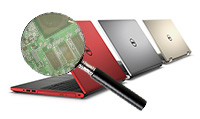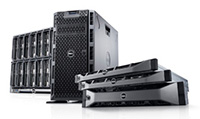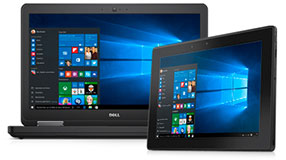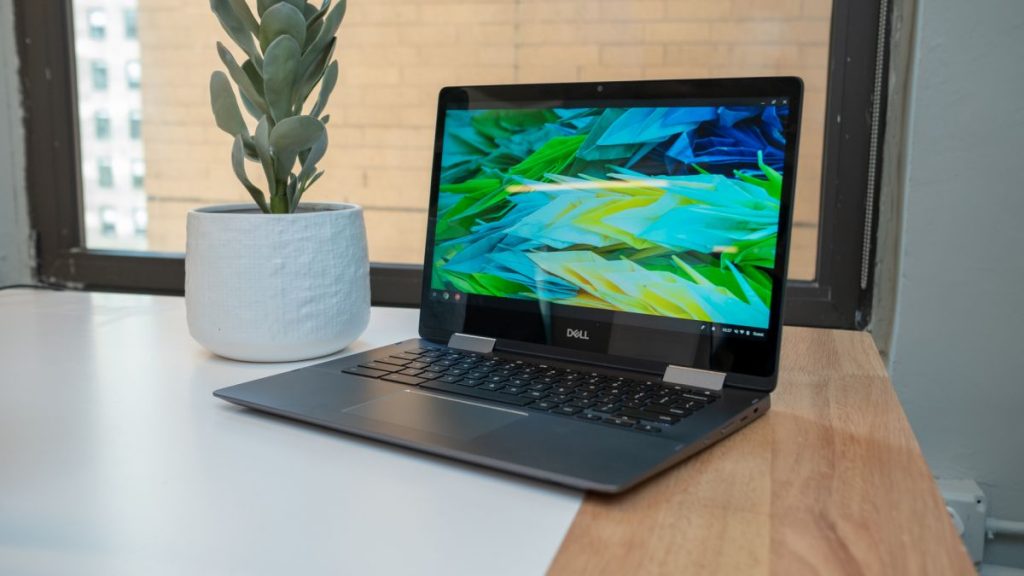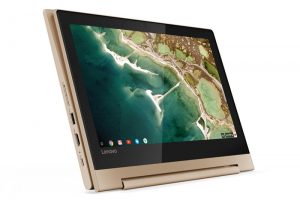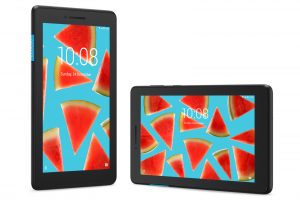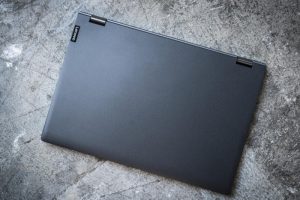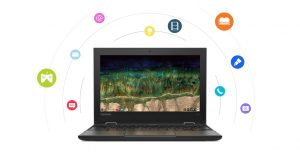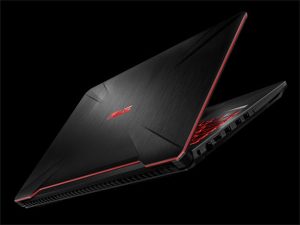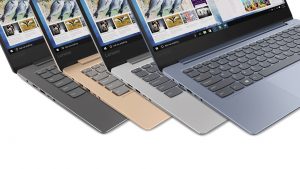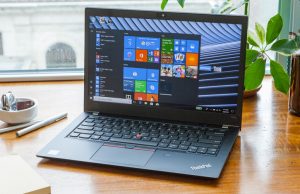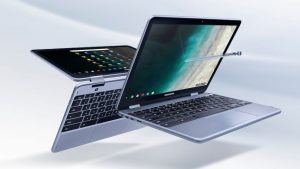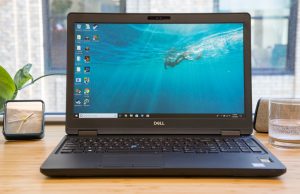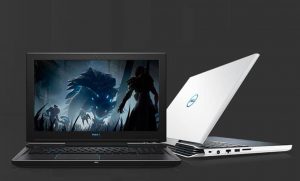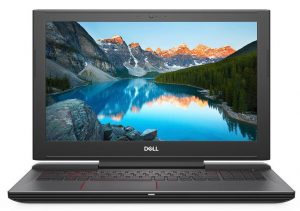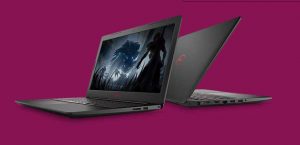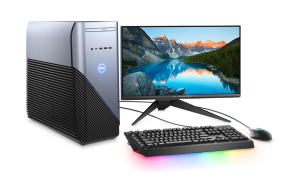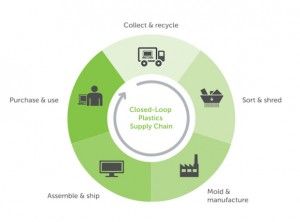

“Newlight has developed, patented, and commercialized the world’s first commercially-scaled carbon sequestration technology able to produce high-performance thermoplastics that can match the performance of oil-based plastics and out-compete on price”.
With the likes of this carbon negative plastics manufacturing process, Dell is continually raising the bar when it comes to innovative packaging alternatives, as well as recycling ideas. Last year, Dell pledged a goal to be a completely waste-free company by 2020. However, the company was criticized for steering away from this new plan when it ranked 14th among the most green IT companies. Sources point towards Dell’s new line of Latitude notebooks as the first products to be made with this new packaging; which will contain AirCarbon for sleeves in order to protect the notebooks. Additionally, Dell’s OptiPlex 3030 All-In-One desktop, releasing in June, will use certified plastics that cut carbon emissions by 11 percent. AirCarbon is a carbon-negative material that “sequesters more carbon than it produces to generate a net positive impact on the environment”. Newlight has already announced a plan for making iPhone cases out of AirCarbon plastics for Sprint.
As far as sourcing the actual recycled material, Dell will be reaching out to Wistron GreenTech for plastics that have been recovered from electronics; another big breakthrough by becoming “the first company in the IT industry to earn a closed-loop recycling validation from UL Environment”. Dell will most definitely save money by reusing plastics, but it has not been mentioned whether or not these savings will be passed down to customers via lower prices. Besides doing something great for the earth, this program will make it easier for consumers recycle their electronics. Dell will also supply a PC mail-back option to promote the program, diminishing any excuse to not recycle.
In efforts to show initiative, Dell is making a constructive change, all part of its plan of relying on 50 million pounds of recycled materials by 2020. GreenBiz.com recently said that we should expect to continue to see Dell evolve its strategy. For example, as prices on natural materials rise or fall, the company will be motivated to find and use the most affordable, ultra-renewable materials. Why use a tree when you don’t have to, right? Same thing goes with electronics. It has taken a long time to get here, but it sure will feel good to know your Dell gadget was made out of recycled materials.

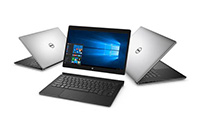 Laptop & Tablet Parts
Laptop & Tablet Parts